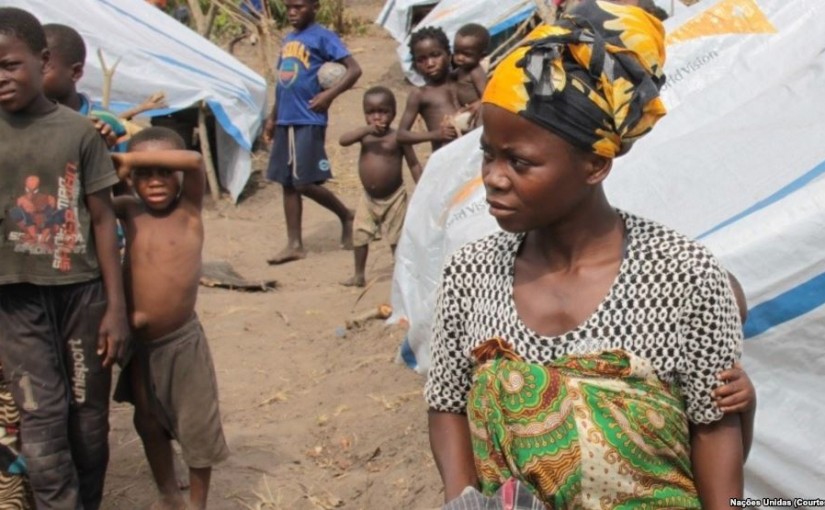Mozambique determines to advance cooperation in various fields with China: president - Watch
International pressure important for justice in Mozambique – director of MASC

The Executive Director of the Civil Society Support Mechanism Foundation (MASC), João Pereira, has praised the pressure brought to bear by the United Nations for justice in Mozambique, but says that African practice does not necessarily conform to international standards.
But Pereira warned that only time would tell if international pressure would lead the government to change its stance.
“[…] we have to understand that Africa provides concrete examples that these pressures sometimes have no effect,” says Pereira. “The culture of these African countries has its own dynamics, which often does not work by the logic of international standards.”
He gives the example of Zimbabwe, where President Robert Mugabe and his Zanu-PF did not opt for good governance, despite sanctions and numerous international appeals for change.
Regarding the Mozambican public debt and political-military crises, Pereira says that the explanations that the government has been giving are insufficient, and that the delay in disclosing the real situation will only worsen the economic situation, particularly for the most vulnerable.
“There are signs of increasing prices and shortages, but the effect is still not being fully felt, largely because the government is still managing to pay civil servant’s wages,” says Pereira, warning that in six months or a year the situation may change.
Meanwhile, speaking on Monday at the UN Human Rights Council meeting in Geneva, Switzerland, UN High Commissioner for Human Rights Zeid Al Hussein said that Mozambique was seeing a spike in assaults on journalists and human rights activists, and called on the government to bring the perpetrators to justice.
He also noted that “The resumption of armed confrontation between the armed wing of Renamo and the national army has displaced people in the affected areas,” and said that “Mozambique shows signs of returning to violence after being considered a success story in Africa”.
Pereira, however, says that Mozambique was never a success.
“At the time, you needed a success story in Africa, and major international partners and internal and regional civil society organisations wanted to present Mozambique as that success,” but deep down it was just like Zimbabwe “but on a smaller scale”.
Pereira says that civil society had often warned the international community about this situation, “but often donors have a system that allows no major changes”, and sometimes fail to perceive the reality of the countries where they operate.
Extending the analysis to the continent in general, Pereira says that there are also vested interests playing out that impede the timely acceptance of criticism.
“At this time, when great natural resources are being discovered, and there is crisis in Europe and the need to conquer new markets in Africa, issues of good governance can often be forgotten in favour of commercial, economic or geostrategic interests,” he says.
Pereira said that the MASC Foundation had discussed these issues, “but it is up to the parties themselves to change the logic of politics in Africa”. This is, however, difficult, when “we have a culture of years and years of complete political irresponsibility of African elites towards their people”.













Leave a Reply
Be the First to Comment!
You must be logged in to post a comment.
You must be logged in to post a comment.